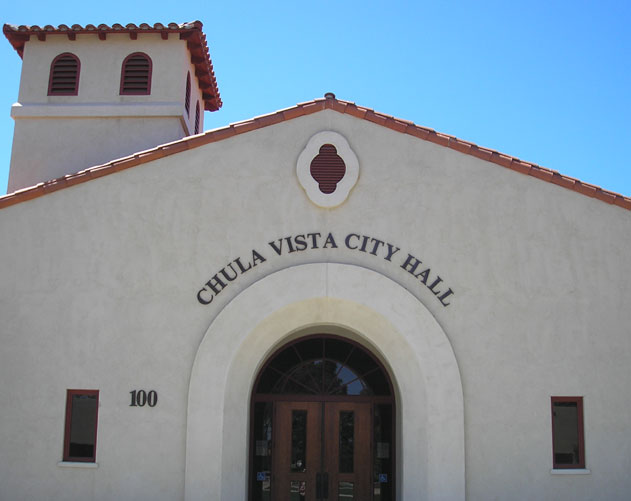In just a few days, Chula Vista residents will be asked to consider yet another sales tax. The last election cycle saw Measure P approved by 68% of voters, and city leaders are coming back to taxpayers now with Measure A. If passed, the half-cent increase would give Chula Vista the highest sales tax in the County, tied only with Del Mar and National City.
Proponents suggest Measure A will fund much-needed investments in public safety, noting staffing shortages in the City’s police and fire departments. Unfortunately, Measure A falls well short of guaranteeing these improvements actually occur. Despite supporters’ best attempts to sell this proposal as a public safety fix, Measure A simply creates a general sales tax, and all revenues would be funneled into the City’s general fund. Legally, City Councilmembers could then appropriate these funds in any manner they see fit.

When cities want to raise funds for a specific purpose, they are expected to create a specialized tax, which locks in revenues for that purpose and requires approval from 67% of voters. In doing so, voters know exactly what they’re paying for, and elected officials cannot divert funds away from their intended purpose.
The authors of Measure A did not seek this protection and avoided requiring approval from two-thirds of voters. Supporters of Measure A advocate almost entirely on the basis of Chula Vista’s public safety needs, yet they specifically designed the tax such that revenues can be exploited for other purposes. If leaders are going to advocate for public safety, then let’s actually direct this tax towards public safety. Without proper protections, these funds are inherently vulnerable to politicians with political agendas.
Measure A also lacks many of the safeguards that were included in Measure P. Last election cycle, the San Diego County Taxpayers Association supported Measure P knowing it would expire after ten years. Expiration dates are critical for general taxes, because they create an opportunity for us, the taxpayers, to evaluate the City’s performance. Leaders know funds raised from a tax will be at risk if they aren’t spent wisely and in line with taxpayer expectations. Measure A includes an expiration date for the committee charged with overseeing the funds, but not for the tax itself.

Additionally, revenues from Measure P were tied to bonds that financed large infrastructure projects. Diverting those funds away from their intended purpose would create devastating financial impacts for the City. Ultimately, Measure A fails to establish similar incentives for our elected officials to govern effectively.
At the end of the day, residents need to ask themselves: is a sales tax really the most efficient way to address our City’s public safety needs? All research concludes that sales taxes are regressive, and they hit low- and fixed-income households the hardest. If these revenues are used to staff fixed positions, then why tie funding to such a volatile revenue source and allow a recession put these positions at risk? Measure A will hurt families and business while failing to actually address Chula Vista’s problems.
Taxation is an important part of governance, and we have to demand our leaders do it the right way! Measure A is the wrong tax for Chula Vista.












